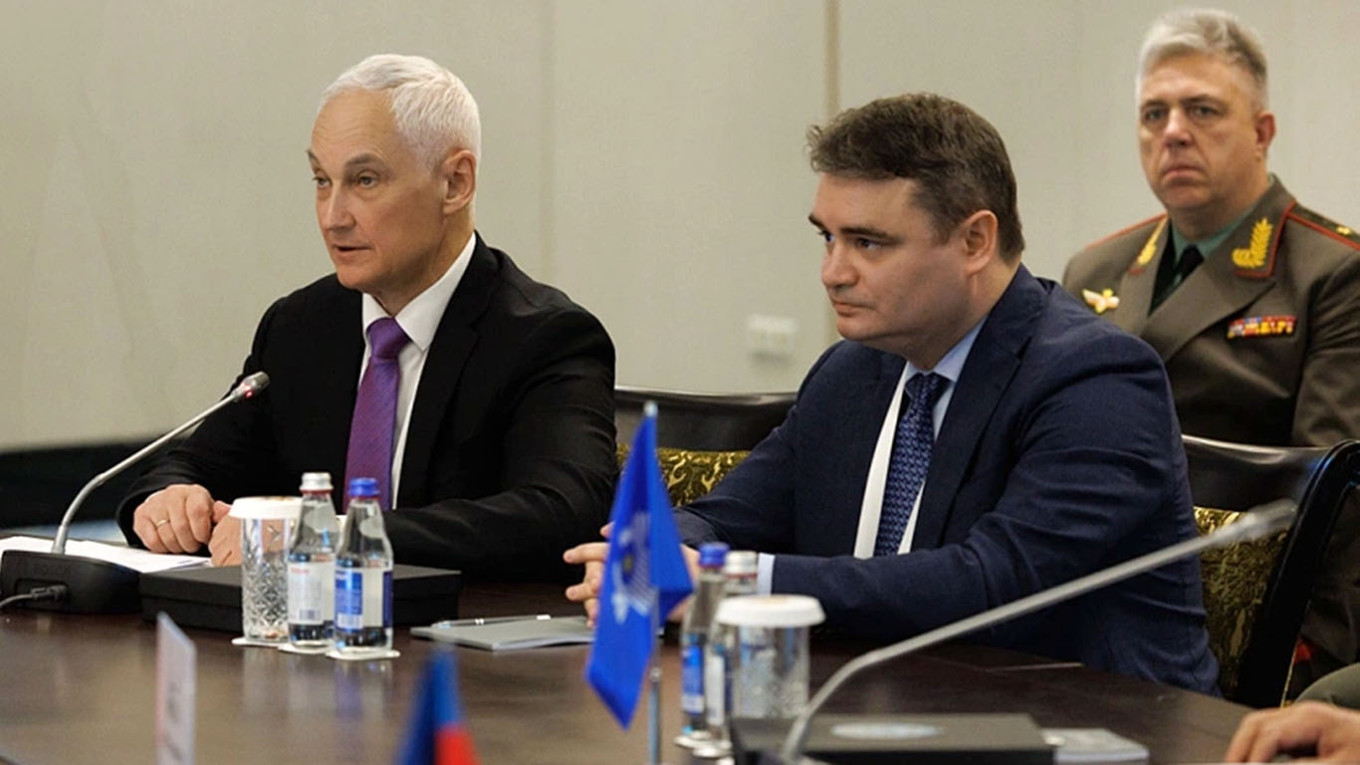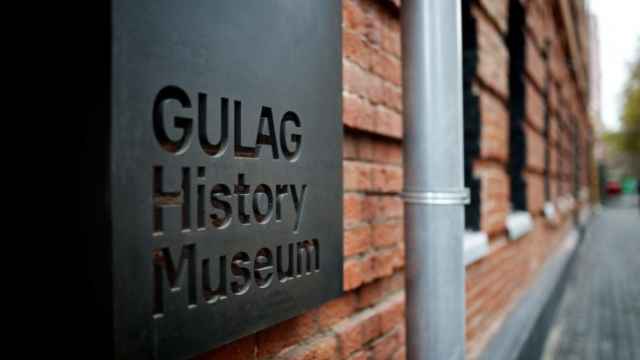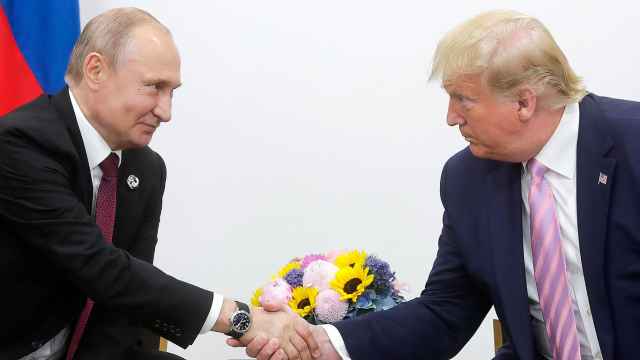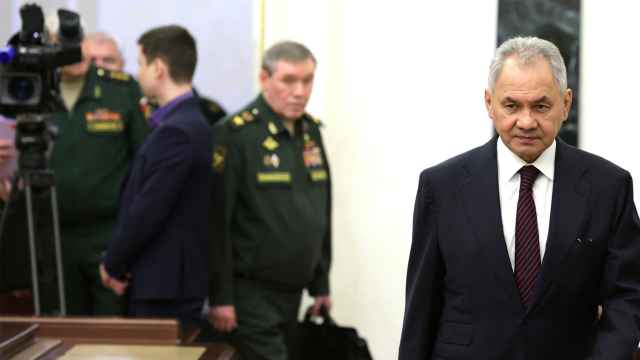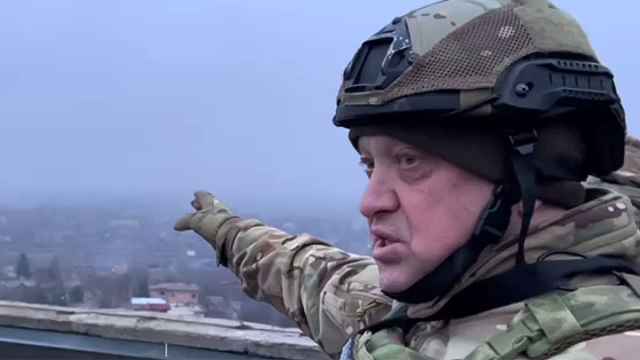Debates about Russia’s internal authoritarian politics have long been defined by questions over the relative importance of security or military elites compared to their civilian counterparts. Some have called Russia a militocracy, while others suggest the balance of power subordinates the military to bureaucrats.
Accounts of the privileged position of other so-called power ministries, such as the FSB or the Interior Ministry, tend to fall somewhere in the middle. They are highly important, but not singularly so given the unique autocratic legitimacy that sits at the very heart of the Kremlin.
Nevertheless, since the onset of the war in 2022, observers have noted the rising stature of the Ministry of Defense (MOD) and the FSB. Because of the ongoing need for materiel and the armed forces’ reconstitution, the MOD now directs a large portion of Russia’s economy. Further, veterans of the invasion have been identified by President Vladimir Putin himself as being critical future assets for the regime’s delayed, but inevitable, generational passing of the torch within its elite cohorts.
Meanwhile, the FSB, alongside the Investigative Committee, has been given surprisingly free rein to pursue a series of anti-corruption investigations. It has also been aggrandizing its role as an institution of regime oversight, both in society and in the military itself. Talk of Russia’s looming transformation into a security service-run police state was terribly premature in the 2000s. But more recent evidence could point in that direction.
These developments would suggest that the militarization thesis, coupled with the transformation of the broader regime into a resilient personalist dictatorship, should have considerable legs these days. Yet the pattern so far is more complicated than that, suggesting that the push-and-pull of both coercive and technocratic elite groupings remains an active question across some of Russia’s most important institutions.
The latest round of evidence that the composition of Russia’s bureaucratic elite remains more fluid than a cursory glance came on Oct. 31, with the appointment of Vasily Osmarkov as the new deputy defense minister. Osmarkov replaces Colonel-General Aleksandr Fomin, who has held the position since 2017.
This continues a pattern of renewing civilian leadership inside Russia’s wartime Defense Ministry following resignations (or more unsavory falls from grace), rather than installing cadres with military or security-service backgrounds. Rather than promoting militocracy —at least in the MOD today —we see a growing cohort of civilian background leadership emerging to steer the vast ship of Russia’s military-fiscal state.
Far from having a background in the security services, Osmarkov was trained at Moscow State University and the State University of Management and has been first deputy minister of industry and trade since 202. He is a technocrat versed in import-substitution and the pharmaceutical industry in particular.
This appointment follows on the heels of the most notable political shakeup in the regime since the war began, with the ouster of longstanding Defense Minister Sergei Shoigu in May of last year. Shoigu was shunted off to the Security Council and replaced by the statist, technocratic economist Andrei Belousov. Belousov’s appointment, alongside those of other civilians, including Putin’s relative Anna Tsivilyova, can be understood in a few ways.
First, given the tremendous economic assets now under MOD purview, the need for efficiency and streamlining is self-evident. This is even clearer given the notoriously opaque, unmodernized and convoluted internal administrative processes within the ministry.
The MOD, even more than other Russian ministerial institutions, has been known as a domain of personal fiefdoms, easy corruption and overlapping authorities. The lure of bringing technocratic expertise from outside to both manage and audit MOD expenditures and processes is natural. Especially as disappointing battlefield results provide a ready-made reason to suggest fresh blood is needed.
Second, the ongoing anti-corruption purge has had two primary targets: military officials (both general officers and chief bureaucrats) and the lower-tier caste of governors and mayors who got on the wrong side of the Kremlin. Plugging the MOD’s new gaps with technocratic civilians without patronage networks within the institution plausibly keeps both the military and its direct overseers in check.
This is a form of coup-proofing, ensuring that officials with access to significant coercive force have neither the personal base nor the inclination to threaten the regime.
But it is also the Kremlin’s vote of no-confidence in the upper-tier military-bureaucratic elites that rose under Shoigu’s tenure. In the same way that Russia’s operational commanders have seen considerable churn since the war began, so too has the cohort that had long been protected and nurtured under the former Defense Minister.
Finally, parachuting in technocrats from other — frankly, more competent — ministries suggests that the regime is well aware that it is in danger of bureaucratic sclerosis, even during a period where exigency and extraordinary activity should be motivating factors for institutional elites.
Authoritarian regimes sometimes rely on unreformed, sprawling bureaucracies for maintaining control. But Russia has always had an interest in modernization, even if halfhearted at times, from the Medvedev Administration to Mikhail Mishustin’s appointment as Prime Minister in 2020.
Too much of Russia’s bureaucracy still creaks badly, a signal that seems to be reaching at least key curators in the Presidential Administration. From First Deputy Chief of Staff Sergei Kirienko’s new programs promoting “methodological” technocratic-managerialism and cadre development to the deployment of economists and trade experts to the MOD, we observe patterns of personnel rotation that prioritize bureaucratic competence, systematization, and an avoidance of old networks.
Russia’s bureaucratic elite remains in a period of flux. The military wields as much economic and societal influence as it has in decades. The security services have expanded their oversight capacities and been given extraordinary leeway to conduct purges and enforce elite compliance. Generational change is just around the corner for a huge swathe of upper-tier positions, whether preparations have been made or not.
Yet civilian elites — technocratic, administrative and under-networked — have retained a strong position in Russia’s opaque, dictatorial climate. It remains to be seen whether the ouster of Shoigu’s old guard and its replacement by civilian efficiency experts will lead to true civil-military tensions.
For now, it is another bit of evidence that military subordination remains a key tradition in Russia’s long history of civil-military relations and that no single characterization of the country’s sprawling ecosystem of state institutions quite captures Russia’s evolving wartime authoritarian regime.
A Message from The Moscow Times:
Dear readers,
We are facing unprecedented challenges. Russia's Prosecutor General's Office has designated The Moscow Times as an "undesirable" organization, criminalizing our work and putting our staff at risk of prosecution. This follows our earlier unjust labeling as a "foreign agent."
These actions are direct attempts to silence independent journalism in Russia. The authorities claim our work "discredits the decisions of the Russian leadership." We see things differently: we strive to provide accurate, unbiased reporting on Russia.
We, the journalists of The Moscow Times, refuse to be silenced. But to continue our work, we need your help.
Your support, no matter how small, makes a world of difference. If you can, please support us monthly starting from just $2. It's quick to set up, and every contribution makes a significant impact.
By supporting The Moscow Times, you're defending open, independent journalism in the face of repression. Thank you for standing with us.
Remind me later.



